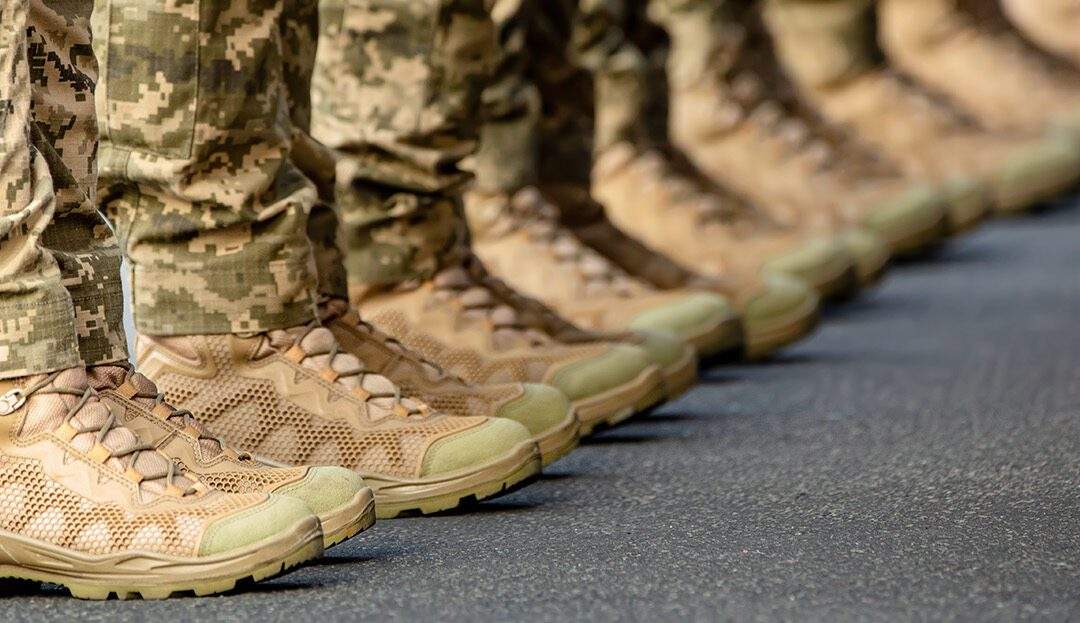This week marks nine years since Canada ended its military mission in Afghanistan. More than 40,000 Canadian Armed Forces members served in the war. Thousands were injured and/or faced trauma and 158 members made the ultimate sacrifice.
First responders, including police officers, firefighters, and emergency medical technicians, are often exposed to traumatic events. While trained to deal with these types of events, the experience of trauma can impact their mental health and well-being years after the event occurred. This is why using peer support to manage trauma is an essential tool for first responders.
Trauma can have a profound impact on a person’s mental and emotional health. For first responders, exposure to traumatic events can lead to conditions such as post-traumatic stress disorder (PTSD), depression, anxiety, and substance abuse. These conditions can manifest themselves in a variety of ways, including nightmares, flashbacks, difficulty sleeping, and difficulty concentrating. Over time, these symptoms can worsen, leading to a decreased quality of life and a reduced ability to perform their job.
How can Peer Support help
One of the challenges of managing trauma is that it can be difficult to discuss. Many first responders may feel that they need to be strong and stoic in the face of trauma, leading them to suppress their emotions and feelings. However, this can make the situation worse in the long run, as unaddressed trauma can lead to more significant problems.
This is where using peer support to manage trauma comes in. Peer support involves first responders who have experienced trauma coming together to share their experiences, feelings, and coping strategies. This support can be incredibly beneficial, as it allows them to connect with others who have similar experiences. This connection can provide validation, empathy, and understanding, which can help first responders feel less isolated and more supported.
Additionally, peer support can provide first responders with practical coping strategies that they can use to manage their trauma. These strategies may include mindfulness exercises, physical exercise, or talking to a mental health professional. By sharing these strategies with each other, first responders can build a toolkit of coping mechanisms to use whenever they need them.
Want to learn more about how PeerConnect can help your members. Fill out our contact form and we will get in touch with you.
